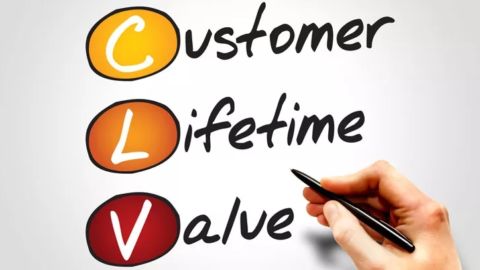 I don’t want to brag, but I have a friend who is an “influencer.” She is a powerful force in what I only half-jokingly refer to as the KC, or Knitting Community. This is a loosely stitched-together (sorry, couldn’t resist) group of people who knit, crochet, sew, and generally blanket the world with fabric-oriented crafts. I’m not a member of the Community myself — my dexterity is limited to typing, and filling in the blanks in a crossword puzzle — but I’ve seen how fiercely dedicated these people are.
I don’t want to brag, but I have a friend who is an “influencer.” She is a powerful force in what I only half-jokingly refer to as the KC, or Knitting Community. This is a loosely stitched-together (sorry, couldn’t resist) group of people who knit, crochet, sew, and generally blanket the world with fabric-oriented crafts. I’m not a member of the Community myself — my dexterity is limited to typing, and filling in the blanks in a crossword puzzle — but I’ve seen how fiercely dedicated these people are.
My Influencer friend recently used Facebook to vent her displeasure with a retailer that I will be kind enough not to name. Here’s what she said:
OK. [Retailer] hung up on me for the last time. They are awful to deal with. Terrible customer service. Orders aren’t shipped in a timely fashion (we are talking months), if at all. On the few occasions (yes, I gave them multiple chances) that I did receive an item, it was the wrong one, had holes in it, pattern was so unaligned…ridiculous. so, I tried to end the madness. I have made trips to Fed-Ex to return a dress when I had ordered a shirt. I have been waiting months to get some money back from them. Why? Because I don’t want store credit. I don’t want any more of the stuff they pass off as clothing. They say they can’t do it. Only store credit. Why do I want store credit? Bad company. Seriously.
Now, because I know this person, I believe what she’s written. Were I a card-carrying member of the KC, it would be a cold day in Hades before I would buy anything from this retailer. You could hardly ask for a clearer illustration of the power of social media as a megaphone.
But then I thought about the other social media phenomenon of 2016, our soon-to-be Tweeter-in-Chief. No matter your political persuasion, you would have to agree that his 140-character outbursts have, at the very least, lacked nuance and context. Yet in the campaign that just ended, they influenced the terms of the debate more often than anyone might have liked.
So let’s suppose that my Influencer friend was exaggerating, or making up out of whole cloth, the problems she’s experienced with this retailer. As I said, I doubt that’s the case, but that’s because I know her to be a reliable source. But if she was the kind of person who was motivated by less-than-noble objectives, it would be frighteningly easy for her to malign this retailer, or any other one. And even if the retailer became aware of the damage, there would be very little that could be done to counteract it.
Retailers already have recognized the size and power of the social media megaphone. My colleague Klaudia Tirico has written several pieces about ways brands can maximize the impact of influencer marketing. The answer to bad word-of-mouth is to spread good word-of-mouth, and hope that the positive outweighs the negative. It’s also vital for brands to monitor social media, and zero in on the kinds of customer service issues identified in my Influencer friend’s post. And offering her store credit will obviously not be sufficient.
It’s also obviously very late in the game for anyone to be bemoaning the dangers of trolls, half-truths and fake news on social media — and as a staunch believer in the First Amendment, I defend everyone and anyone’s right to express their opinions. But that’s exactly what they are — opinions. Not (necessarily) facts or provable truths. I think it will be important to remember that distinction in 2017.
Happy holidays and best wishes for the new year!













